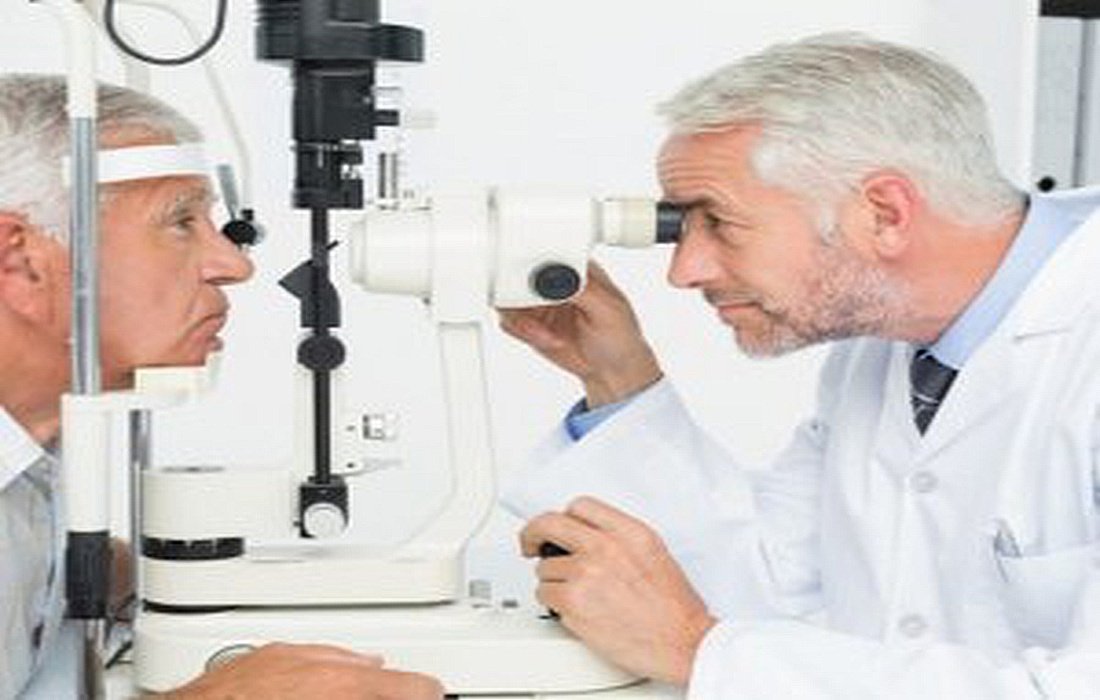Eye doctors’ secrets for maintaining eye health
The eyes are one of the most important organs of the body, so it is essential to take proper care of them. Some eye diseases are accompanied by symptoms that prompt us to visit an eye doctor, but others are asymptomatic and usually do not show signs until a percentage of vision is lost. Therefore, eye doctors consider annual tests essential. Many of us are unaware of some of the issues related to this vital organ. In this section of health and wellnessSelMagzWe have provided tips about eyes and related issues that you may not have heard before.
Important information about eye health that your eye doctor won’t tell you
1. Most people know that UV rays harm the skin, but they are also harmful to the eyes. This is why many only wear sunglasses on sunny days.SunglassesThis mindset is like saying, “I only smoke sometimes.” So be sure to wear thick, standard sunglasses on both sunny and rainy days.
2. Contrary to what parents tell their children;Carrotsare not the bestfood for eyes.Spinach,kale,and dark leafy vegetables are much more beneficial for eye health than carrots.
3. Polarized glasses are the best for reducing glare, but they often make it difficult to see LCD screens, mobile phones, and navigation systems.
4. Eye drops of any kind are helpful, especially if you keep them in the refrigerator.
5. Studying in low light does not harm your eyes; it is just a contributing factor toheadaches..

6. Do not keep old eye drops. If you have an infection, steroid drops can help with your recovery, but if they are old, they will worsen the infection.
7. Pink eye is not always harmless. Many patients with pink eye are light-sensitive and may experience reduced vision, yet many doctors treat this condition withantibioticsthat do not help if the illness is viral.
8. You should never wait for symptoms regarding your eyes. Some eye diseases have other signs that you may not recognize before vision decreases. Therefore, get your eyes checked yearly.
9. Remove your contact lenses before sleeping, as the risk of infection while sleeping is 15 times higher than when awake.
10. Do not use paper towels or toilet paper to clean your glasses, as these papers are made from wood and mayscratch your lenses.So be sure to use special microfiber cloths for glasses.

11. You may think that after dilating your eyes, you can quickly return to your normal routine, but wait two or three hours before doing any tasks that require high visual concentration. Your eyes need some rest; for example, avoid reading 12 PDF pages back-to-back.
12. Some doctors rush their patients into cataract surgery, but if you’re facing financial issues, delaying it will not harm your eyes. Cataracts only pose a risk in rare cases. Vision loss fromcataractsfeels like seeing everything through a dirty window.
13. If you are over 60 years old and planning LASIK, wait until your cataracts improve. Treat them first before planning for LASIK.
14. Most of us think that after undergoing eye surgery, we can immediately return to normal life, but in reality, we need more time.
15. An old belief is that carrots are the best food for eyes, but you should know that spinach, kale, and other dark leafy vegetables are more beneficial for eyes than carrots.

16. If you refrigerate eye drops, they will cause less stinging.
17. Some patients become light-sensitive or lose their vision due to conjunctivitis, and conjunctivitis is not always benign. Many doctors prescribe antibiotics to treat this condition; if you have bacterial conjunctivitis, this treatment is effective, but if it is viral, the illness will not be treated.
18. Annual tests are helpful for preventing eye diseases, so visit your eye doctor every year and do not wait for eye disease symptoms to appear before going to the doctor, as some eye conditions can be asymptomatic until vision is lost.
19. If you are over 60 and want LASIK, wait until you have cataracts; then ask your doctor to restore your vision during the cataract surgery so that insurance will cover the costs.







